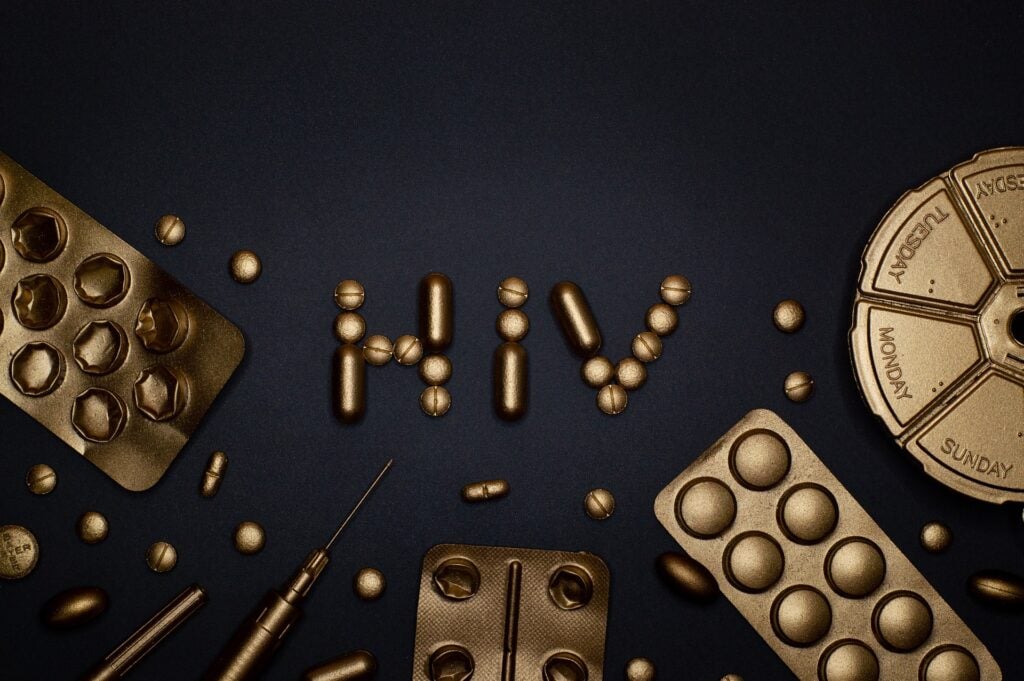According to the organization's report, the covid-19 pandemic, in addition to other global crises, affected the progress of the fight against HIV. As a result, there was a reduction in resources allocated to measures to prevent contagion and also to treat the disease.
ADVERTISING
Due to the weakening of the fight against HIV, around 1,5 million people have been infected with the AIDS virus worldwide. The index exceeded the global target by 1 million.
In the same period, 650 people died as a result of the disease. Unaids also identified that there is an increase in annual infections in regions that were registering a drop in rates, such as Latin America, Eastern Europe, Central Asia, the Middle East and North Africa.
Despite a small improvement in this issue after the most critical phase of the Covid pandemic, the rates of new cases remain high and the tendency is for them to remain at 1,2 million infected people in 2025, the period in which the UN predicted, as a target Globally, less than 370 thousand records for HIV.
ADVERTISING
Em interview given to the newspaper O Globo 🚥, Unaids Official, Ariadne Ferreira Ribeiro, states that the Brazilian scenario is worrying. Between 2015 and 2016 the number of new infections was stable, with 48 thousand cases annually. The following year, a new increase, with 50 thousand cases among children and adults.
(🚥): may require registration and/or signature
(Top photo: Number of new HIV infections drops by just 3,6%. Reproduction/Pixabay)



